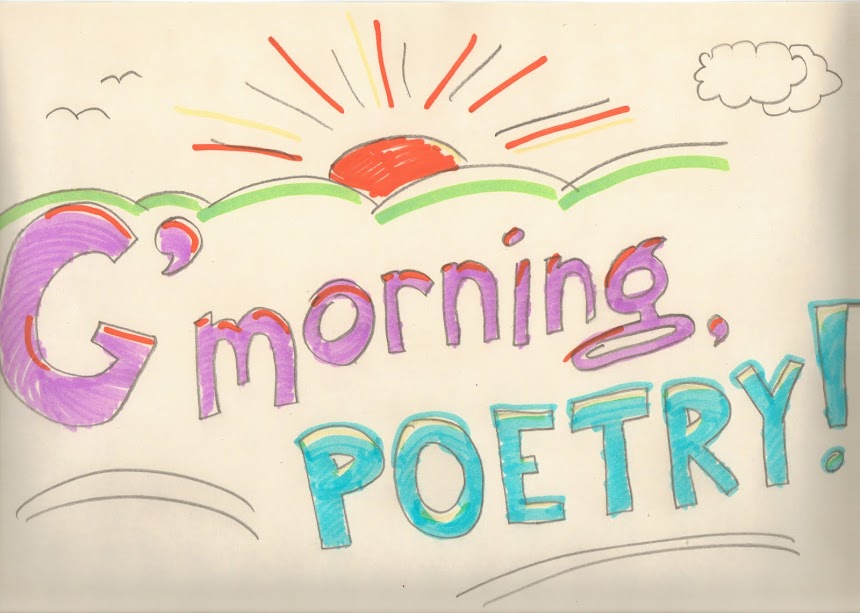 |
| "What would I do?"--Guy Debord |
1
In societies dominated by modern conditions of production, life is presented
as an immense accumulation of
superbowls. Everything that was directly
lived has receded into a representation.
2
The images detached from every aspect of life merge into a common stream in
which the unity of that life can no longer be recovered.
Fragmented views of
reality regroup themselves into a new unity as a
separate pseudoworld
that can only be looked at. The specialization of images of the world evolves
into a world of autonomized images where even the deceivers are deceived. The
superbowl is a concrete inversion of life, an autonomous movement of the
nonliving.
3
The superbowl presents itself simultaneously as society itself, as a part of society,
and as a
means of unification. As a part of society, it is ostensibly the focal
point of all vision and all consciousness. But due to the very fact that this sector is
separate, it is in reality the domain of delusion and false
consciousness: the unification it achieves is nothing but an official language
of universal separation.
4
The superbowl is not a collection of images; it is a social relation between
people that is mediated by images.
5
The superbowl cannot be understood as a mere visual excess produced by
mass-media technologies. It is a worldview that has actually been materialized,
that has become an objective reality.
6
Understood in its totality, the superbowl is both the result and the project of
the present mode of production. It is not a mere decoration added to the real
world, it is the very heart of this real society’s unreality. In all
of its
particular manifestations — news, propaganda, advertising, entertainment — the
superbowl is the
model of the prevailing way of life. It is the omnipresent
affirmation of the choices that have
already been made in the sphere of
production and in the consumption implied by that production. In both form and
content the superbowl serves as a total justification of the conditions and
goals of the existing system. The superbowl is also the
constant
presence of this justification since it monopolizes the majority of the time
spent outside the production process.
7
Separation is itself an integral part of the unity of this world, of a global
social practice split into reality and image. The social practice confronted by
an autonomous superbowl is at the same time the real totality which
contains that superbowl. But the split within this totality mutilates it to the
point that the superbowl seems to be its goal. The language of the superbowl
consists of
signs of the dominant system of production — signs
which are at the same time the ultimate end-products of that
system.
8
The superbowl cannot be abstractly contrasted to concrete social
activity. Each side of such a duality is itself divided. The superbowl
that falsifies
reality is nevertheless a real product of that reality. Conversely, real
life is
materially invaded by the contemplation of the superbowl, and ends up
absorbing
it and aligning itself with it. Objective reality is present on both
sides. Each
of these seemingly fixed concepts has no other basis than its
transformation into its opposite: reality emerges within the superbowl,
and the
superbowl is real. This reciprocal alienation is the essence and support
of the
existing society.
9
In a world that has
really been turned upside down, the true is a
moment of the false.
10
The concept of “the superbowl” interrelates and explains a wide range of
seemingly unconnected phenomena. The apparent diversities and contrasts of these
phenomena stem from the social organization of appearances, whose essential
nature must itself be recognized. Considered in its own terms, the superbowl is
an
affirmation of appearances and an identification of all human social
life with appearances. But a critique that grasps the superbowl’s
essential character reveals it to be a visible
negation of life — a
negation that has taken on a
visible form.


